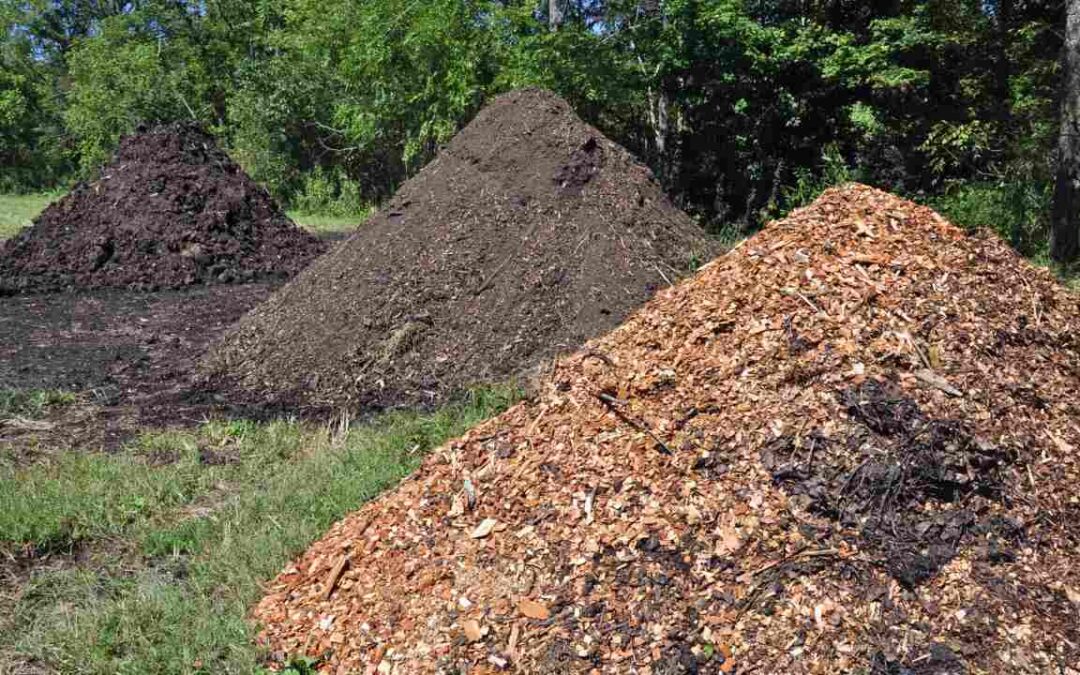Land maintenance and management can be challenging, especially when dealing with overgrown vegetation and undergrowth. Traditional land clearing methods such as manual labor or bulldozing can be time-consuming, expensive, and disruptive to the natural environment. However, there is a more efficient and eco-friendly approach that is gaining popularity: forest mulching.
Forest mulching offers a multitude of benefits for land health and aesthetics.
1. Understand The Importance Of Land Health
Understanding land health is critical for landowners. Healthy, well-maintained land not only improves aesthetics, but also provides many benefits. Forest mulching plays an important role in improving land health by effectively clearing excessive vegetation and removing invasive species. Not only does this method save time and money, but it also reduces soil erosion and promotes native plant growth.
Proper land management by a reputable company is important to prevent wildfires and maintain a safe environment.
2. What Is Mulching And How Does It Work?
Mulching is a land method that requires specialized equipment to shred vegetation, such as trees, brush, and grasses, into mulch. This process not only clears the land, but also redistributes organic material in the soil, which benefits the overall health of the soil.
During the mulching process, the machine shreds the vegetation and distributes it evenly across the soil. This layer of mulch acts as a natural barrier, preventing the growth of new weeds and creating an ideal environment for native plants to thrive.
3. Improving Soil Health Through Mulching
Mulching offers a variety of benefits that contribute to the overall health and productivity of your land. By shredding vegetation into mulch and redistributing it back into the soil, mulching helps nourish the soil, creating fertile soil for new growth.
One of the main benefits of mulching is the suppression of weeds. The mulch layer acts as a natural barrier that prevents the growth and spread of unwanted weeds. This reduces the need for herbicides and manual weed removal, saving you time and money in the long run. By reducing water evaporation and improving water retention, your land will need less irrigation, especially during periods of drought.
Plus, the organic material in mulch decomposes over time, providing valuable nutrients to the soil.
4. The Cost-Efficient Solution For Land Management
Forest mulch not only improves soil health, but also offers a cost-effective and efficient solution for land management. Traditional land management techniques such as excavation and clearing can be time-consuming, labor-intensive, and cost-intensive. In contrast, forest mulch gives you a streamlined approach that saves time and money per acre.
5. Environmental Benefits Of Forest Mulch
One of the most important benefits of forest mulch is its positive impact on the environment. By choosing this method for land management you are contributing to the conservation and protection of your land and its surrounding ecosystem.


